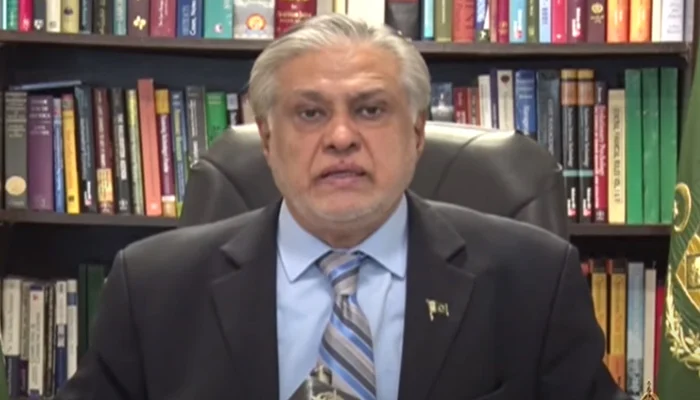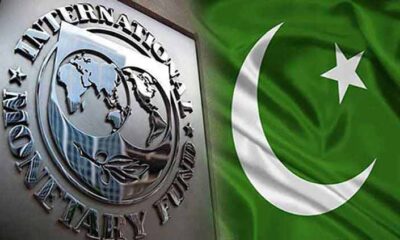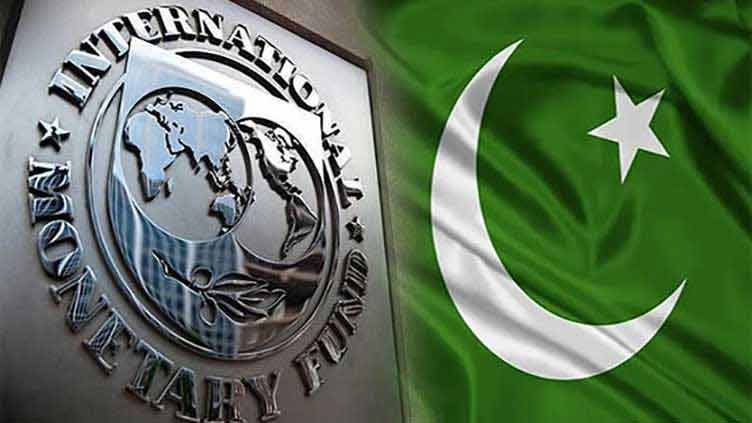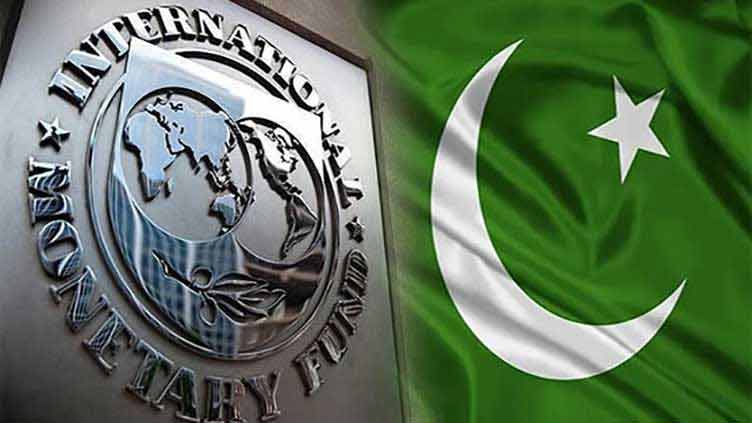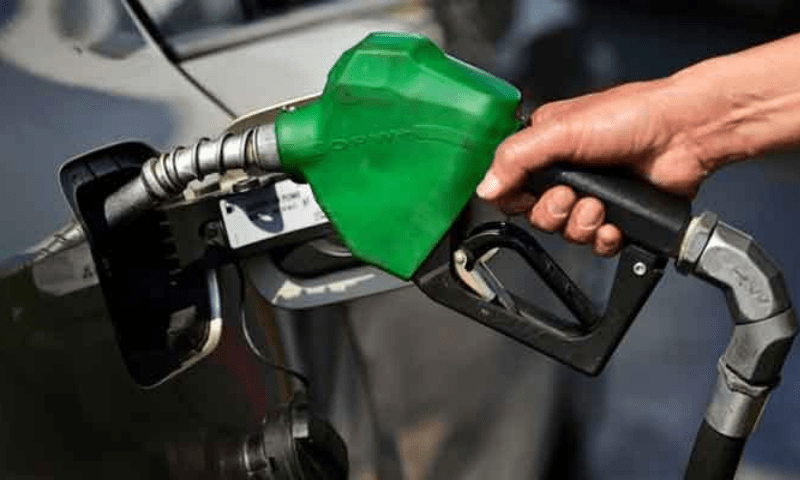- SBP’s reserves have risen by $4.2 billion during this week.
- FinMin Dar thanks PM Shehbaz for his efforts in IMF deal.
- “Pakistan is on the road to development,” FinMin Dar adds.
The International Monetary Fund (IMF) has deposited $1.2 billion into the State Bank of Pakistan’s (SBP) account, boosting the cash-strapped nation’s hope for economic stability, as it teetered on the brink of default for several months.
The IMF’s executive board late last night approved a $3 billion Stand-By Agreement (SBA) under a nine-month programme, which came after eight months of tough negotiations over fiscal discipline.
Pakistan reached a staff-level agreement with the lender last month, securing a short-term pact, which got more than expected funding for the crises-hit country of 230 million.
In a televised address from Islamabad, Finance Minister Ishaq Dar said Pakistan would receive the balance amount after two reviews — the second in November and the third in February.
This inflow will increase Pakistan’s foreign exchange reserves, he said, noting that during the ongoing week, the central bank’s reserves have moved up by around $4.2 billion.
“Our foreign exchange reserves will close at around $13-$14 billion on July 14 […] and the SBP will release the exact numbers later on,” the finance minister said, as he thanked Prime Minister Shehbaz Sharif for his efforts in securing the programme.
The prime minister played a key role in convincing the IMF to agree to the new programme as he repeatedly interacted with the lender’s chief in Paris and on phone calls.
In a statement, the IMF said its executive board gave the green light to the nine-month standby arrangement in order “to support the authorities’ economic stabilization program.”
“Pakistan is on the road to development […] we must all make efforts to make gains through this,” Dar added.
The South Asian nation has suffered from a balance-of-payments crisis as it attempts to service crippling external debt amid a fraught political environment — following the removal of the country’s former prime minister Imran Khan.
Inflation has rocketed, the rupee has reached a record low against the dollar, and the country is struggling to afford imports, causing a severe decline in industrial output.
Pakistan has brokered close to two dozen arrangements with the IMF, most of which have gone uncompleted.
In the days before the decision was approved, Pakistan received $3 billion in deposits from Saudi Arabia and the United Arab Emirates.
The money from the two Gulf countries boosted Pakistan’s foreign reserves to $7.5 billion — more than double last week’s account balance.

 Latest News2 days ago
Latest News2 days ago
 Latest News3 days ago
Latest News3 days ago
 Latest News3 days ago
Latest News3 days ago
 Latest News3 days ago
Latest News3 days ago
 Latest News3 days ago
Latest News3 days ago
 Latest News3 days ago
Latest News3 days ago
 Business3 days ago
Business3 days ago
 Latest News3 days ago
Latest News3 days ago
